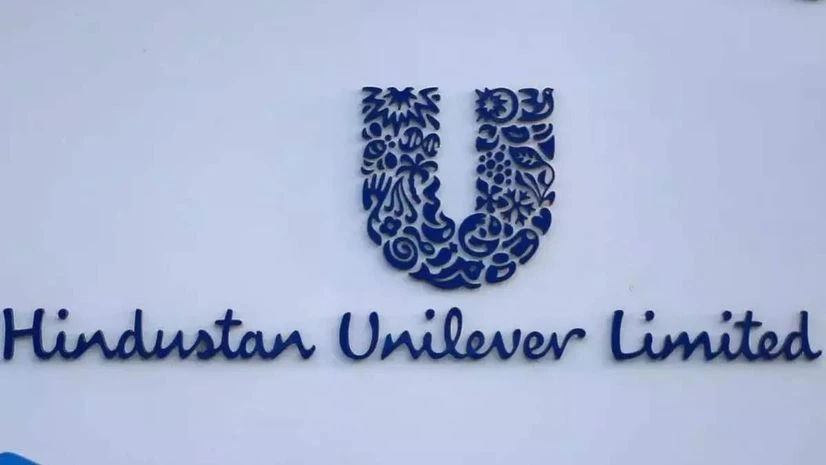Hindustan Unilever (HUL) — the country’s largest fast-moving consumer goods (FMCG) major — registered a 12.8 per cent year-on-year (YoY) increase in net profit in the March quarter (Q4) of financial year 2022-23 (FY23), which was in line with Street estimates. Net profit came in at Rs 2,600 crore, compared with Rs 2,304 in the year-ago quarter.
Its volumes, top line and operating performance, however, came in below estimates. It registered a volume growth of 4 per cent in the quarter, while revenue increased 10.5 per cent to Rs 15,215 crore. Though urban performance continued to drive growth rural volumes showed signs of recovery.
Ritesh Tiwari, chief financial officer of HUL, said in a press conference after its results: “FMCG market growth showed gradual improvement with rural slowdown bottoming out. Total FMCG market volumes, which were declining earlier, have now become flat. While rural volume continued to decline, the extent of decline further reduced in this quarter.”
Commenting on input costs, he said inflation moderated sequentially, although commodity prices remain elevated compared with long-term averages.
Sanjiv Mehta, managing director and chief executive officer of HUL, also said the pace of volume contraction reduced. He added that for the full year, volumes in rural areas fell 7 per cent, and it declined by 3 per cent in the quarter, indicating a gradual recovery.
Mehta added: “If the country progresses, rural growth has to outpace urban growth, because they come from a low base. That has not happened yet. When your wallet size is smaller, the impact of inflation is much bigger. So once the inflation moderates, and in fact, deflates, and we are able to correct the price-value equation, I see no reason why the volume in rural areas will also not increase. And if the country keeps growing at 6-7 per cent, if not at a higher level, rural will reach a stage of outpacing urban.”


More From This Section
Unilever’s Chief Executive Officer Alan Jope told investors in a conference call after announcing the global results: “The (India) results were driven by another standout performance from home care and were delivered against a challenging operating environment, particularly in rural areas, where market volumes continue to be quite depressed.”
Graeme Pitkethly, CFO of Unilever, added: “India saw some weakness in market volumes, especially in rural areas. Inflation remains high but appears to be moderating and the rural economy does now seem to be improving slowly.”
Tiwari also explained that over two years, commodity inflation shot up before witnessing a decline over the last couple of quarters. “If I look [at a] two-year [period], we’ve seen 30 per cent commodity inflation… Sequentially, we have seen commodity inflation moderating,” Tiwari said.
Mehta added that the company is clear that if commodity prices go down, it will pass the benefits on to consumers.
“Just like we did not pass on the entire cost increase to the consumers, we are very cognizant, we have to maintain the price-value equation. And if commodity prices go down, we will pass the benefit to the consumers. We are absolutely clear. We will not lose market share,” Mehta said.
Mehta was quoted as saying in the company’s release: “Looking forward, the near-term operating environment is likely to remain volatile. With inflation easing due to lapsing of high base and sequential softening in a few commodities, price and volume growths will rebalance. Market volumes will recover gradually as consumption habits readjust.”

)
